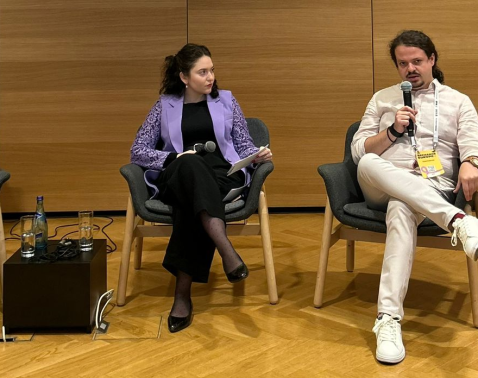The State of Anti-Corruption Efforts in Croatia, Serbia, and North Macedonia in 2025
8, September 2025
Corruption remains a pressing challenge across Southeast Europe, affecting governance, public trust, and economic development. The year 2025 brings mixed progress and persistent issues as Croatia, Serbia, and North Macedonia continue their struggles to establish transparent, accountable public administrations and effective judicial systems to combat corruption.
Croatia: Progress Anchored in Strategic Frameworks with New Legal Measures
Croatia is advancing in its fight against corruption by implementing its long-term Strategy for the Prevention of Corruption (2021–2030) with an active Action Plan for 2025–2027. This plan targets sectors vulnerable to corruption and emphasizes prevention, transparency, and judicial efficiency.
Recent legal developments include the introduction of a new criminal offense related to risks posed by artificial intelligence, signaling judicial adaptation to modern challenges. Additionally, a specialized court division for corruption cases was established in Varaždin, enhancing judicial focus on these crimes. Croatia’s efforts are bolstered by active civil society groups such as Transparency International Croatia, and legislation aimed at increasing transparency, though challenges remain in ensuring full implementation, particularly in administrative procedures and public procurement transparency.
Serbia: Political Pressures and Institutional Gaps Challenge Anti-Corruption Progress
According to the 2025 European Commission Rule of Law Report – Serbia chapter, Serbia continues to face significant challenges in judicial independence and anti-corruption enforcement. Although constitutional reforms aiming at strengthening judicial autonomy are underway, political interference persists, including public remarks by officials undermining prosecutorial actions.
The National Anti-Corruption Strategy (2024–2028) was adopted, but implementation remains inconsistent, partly due to fragmented prosecutorial competences and resource shortages within organs such as the Prosecutor’s Office for Organized Crime. High-profile investigations, such as those following the tragic collapse of a railway station canopy in Novi Sad, reflect both public demand for accountability and systemic weaknesses, including coordination between specialized prosecution bodies. Media pluralism and freedom face threats, with concerns over governmental influence in media regulation and ownership.
Despite arrests in anti-corruption operations, the prevalence of corruption in business and public perception remains high, accentuated by limited investigative follow-through and protection for whistleblowers. More details can be found at Transparency International Serbia and the OECD Public Integrity Indicators.
North Macedonia: Ongoing Reforms Amid Implementation Challenges
North Macedonia is in the process of implementing reforms to enhance transparency and reduce corruption, focusing on aligning public procurement and political finance with European standards. Institutions like the State Commission for Prevention of Conflict of Interest and the Special Public Prosecutor’s Office are operational but constrained by limited resources and occasional political pressure.
While the legal framework shows progress, effective enforcement is still developing. The country maintains close cooperation with international organizations, receiving support for judicial and administrative reforms. Public cases of corruption linked to procurement and political influence highlight the ongoing challenges in ensuring accountability. The European Commission’s reports and Transparency International offer further insights.
Conclusion
While all three countries exhibit a commitment to anticorruption reforms, differing levels of implementation and institutional independence heavily influence their progress. Croatia leads with a robust strategic framework and recent judicial specialization. Serbia’s fight is marred by political interference and prosecutorial fragmentation, undermining trust and effectiveness. North Macedonia’s reform path is steady but cautious, balancing legal improvements with persistent challenges in enforcement. Continued regional cooperation, strengthened institutions, and increased transparency are vital steps toward fostering governance free from corruption in Southeast Europe.
Picture: FreePik




